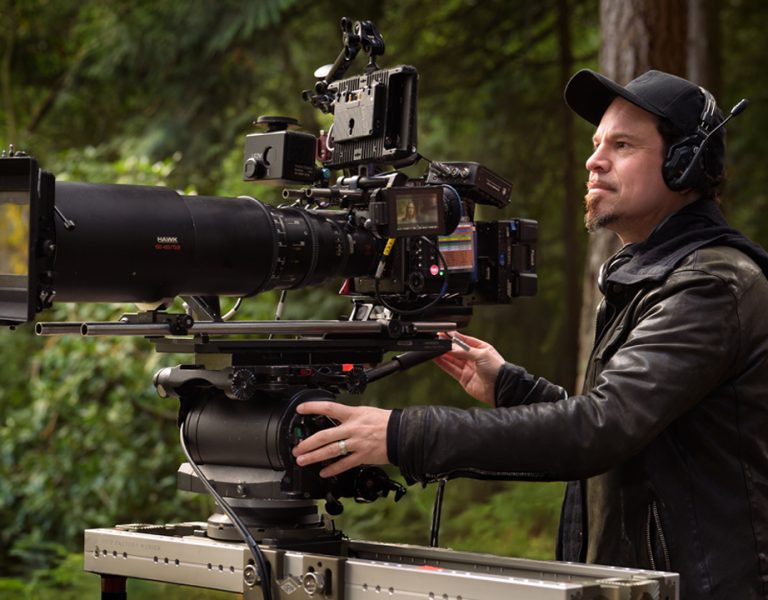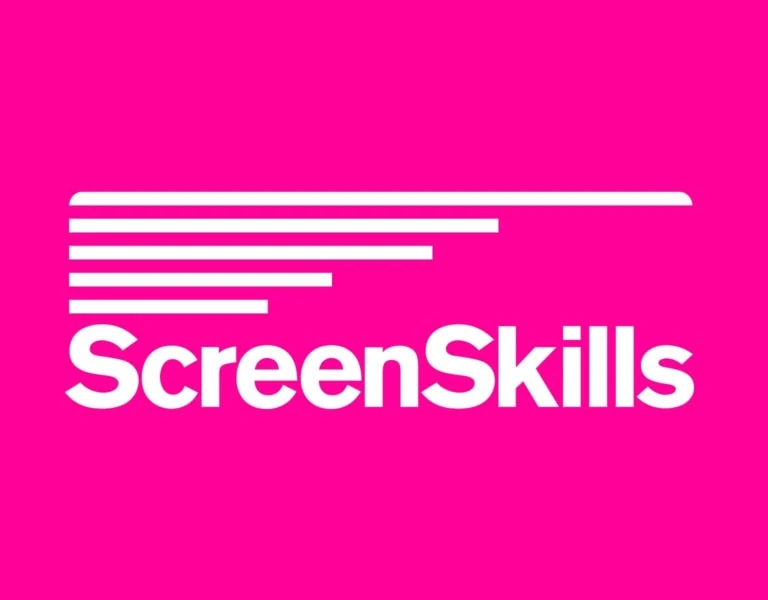ScreenSkills HETV fund gives £10 million investment to UK’s booming prime-time TV
Mar 9, 2022

The ScreenSkills High-end TV Skills Fund is to invest more than £10 million of industry contributions from UK producers, broadcaster in-house productions and inward investors in the coming year to meet the training needs of the booming sector.
The investment of £10.1 million in 2022-23 will be a considerable increase in spending from £6.7 million this financial year which has supported 1,400 individuals to move up in their careers, fill shortage grades and develop their professional skills.
The respected flagship programme Trainee Finder with paid placements for new entrants will be increased from 120 places to more than 200 including the addition of a new cohort of at least six trainees in virtual production.
Make a Move, which funds stepping up opportunities for crew on productions, will be almost doubled in capacity from £1.1 million to £2 million to ensure it continues to support the significant increase in anticipated productions shooting in the UK in 2022/23.
As part of the drive to ensure freelancer retention in the industry and improve work/life balance, the HETV job share programme will also be significantly expanded to support more flexible working for up to 40 job-sharers. In addition, training in leadership and management and anti-bullying and harrassment will continue to be available to every shooting HETV production team, to foster good working practices.
The HETV industry working groups, which are led by many independent heads of production are meeting this month to finalise grade shortage specific investment for the coming year, with a focus on developing mid-level crew and building capacity in the UK-wide workforce.
There will be a continued focus on ensuring access to training and opportunities across the UK, which this year will be strengthened further with the introduction of industry working groups in the three nations of Scotland, Wales and Northern Ireland, to enable localised training opportunities to be determined by local industry. This will build on work with local partnerships that has been funded over the last five years, complementing the wider programme of support offered by the fund.
Christine Healy, chair of the ScreenSkills High-end TV Skills Council and COO of Watford & Essex, said: “It is fantastic news that thanks to continued strong industry support and investment, we will be able to expand existing programmes with proven track records of success and add new ones to make sure productions have the people they need at all levels and give the training, support and career development opportunities to our freelance community.”
The boost to investment has just been ratified by the High-end TV Skills Council and will be targeted at meeting skills needed identified in the of the new annual HETV-specific research, released today (8 March). It found that 86% of survey participants considered skills shortages were serious or very serious compared with 72% a year earlier.
The High-end Television in the UK 2021/22 workforce research said the period of catch-up following the lockdown of industry due to Covid-19 combined with the continued and increasing US inward investment, notably from SVODs, were the main market forces driving demand.
Roles identified as facing shortages for the first time include assets clearance, the sound department, carpentry and construction, VFX, post-production supervisor and coordinator, make-up artists and dailies and digital imaging technician (DIT).
There was a wider range of grades highlighted as in short supply than in previous research and the problems run across the whole country. What does affect the nations and regions is where a number of productions are shooting at any one time and capacity is reached more quickly.
People stepping up too soon is seen as increasing stress on productions and can risk mistakes being made, with an impact on budget, health and safety and shooting schedules – although stepping up can be a positive experience for people who get opportunities that might not otherwise have been available and the HETV Make a Move programme is specifically focused on ensuring productions can enable a successful step up with targeted support.
The research, which has been conducted annually since 2017, reported marginal improvements to skills-related issues in HETV last year but the situation in 2021/22 appears to be more serious, which can also be attributed to the huge increase in productions shooting in the UK compared to previous years.
However, industry is already stepping up to the challenge. The High-end TV Skills Council, which includes Pact, has agreed to raise the cap on contributions paid on all productions costing up to £5 million per broadcast hour from April. The increase, from £61,000 to £66,300, is based on CPI (consumer price index) plus £2,000. A higher cap introduced in the autumn of 2021 for productions costing more than £5 million an hour stays at £100,000.

















